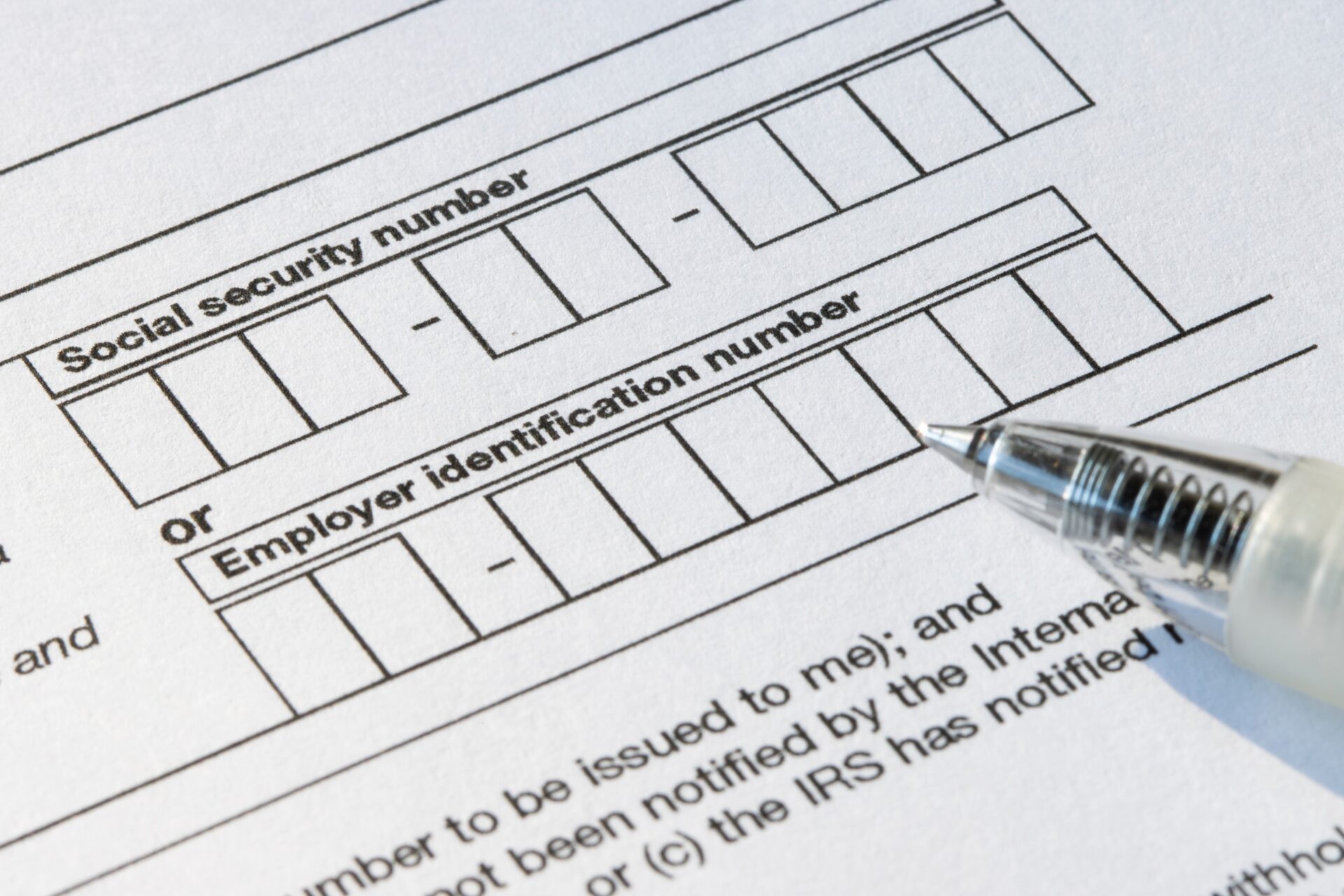Invoice factoring is a financial practice where a business sells its accounts receivable, or unpaid invoices, to a factoring company. A factoring company purchases the invoices at a discounted rate and provides immediate cash to the business. This process helps the business improve its cash flow by receiving funds upfront. Rather than waiting for customers to pay their invoices.
Let’s go through the steps involved in invoice factoring, starting with the first step:
Choosing a Factoring Company
The first step in invoice factoring is selecting a suitable factoring company to work with. Factoring companies can vary in terms of specialization, industry focus, fee structure, reputation, and customer service. It’s crucial to research and evaluate different companies to find the one that aligns with your business’s needs.
Consider aspects such as the factor’s experience, the industries they serve, the size of the invoices they typically work with, the rates and fees they charge, their contract terms, and their reputation in the market. It’s advisable to review multiple companies and conduct due diligence before making a final decision.
Application and Due Diligence
Once you’ve chosen a factor, the next step involves submitting an application and providing the necessary documentation. The factoring company will typically request information such as your company’s financial statements, accounts receivable aging report, customer details, and any outstanding liens or legal issues. During this stage, they will conduct due diligence to assess the creditworthiness of your customers and evaluate the quality of your invoices. They may review credit reports, verify the legitimacy of your invoices, and assess the risk associated with your customers. Their due diligence process helps them determine the advance rate (the percentage of the invoice value they will provide upfront) and the fee structure.
Approval and Agreement
After completing their evaluation, the company will inform you if your application has been approved. If approved, you will receive an agreement outlining the terms and conditions of the factoring arrangement. It is essential to review the agreement thoroughly, including the advance rate, fees, contract duration, termination clauses, and any other specific terms.
Take the time to understand the implications of the agreement and seek legal advice if necessary. Once you are satisfied with the terms, you can proceed to sign the agreement and move forward with the factoring process.
Invoice Submission and Verification
With the agreement in place, you can start submitting your invoices to the factoring company for funding. You will need to provide the necessary details, such as invoice amount, due date, customer information, and supporting documentation. The company will verify the accuracy and authenticity of the invoices to ensure they meet their criteria. They may also notify your customers about the assignment of the invoice, informing them to make payments directly to the factoring company themselves rather than your company.
Funding and Advance
Once the factoring company verifies the invoices, they will provide you with an advance payment. The advance rate is typically a percentage of the invoice value, ranging from 70% to 90%, depending on various factors such as industry, customer creditworthiness, and the quality of your invoices.
The company will transfer the funds to your business bank account, giving you immediate access to capital.

After choosing a company, applying, getting approved, submitting and verifying your invoices you will receive funding.
Collection and Payment
After the factoring company advances funds to your business, they take over the responsibility of collecting payments from your customers. The company will typically handle the collection process professionally and maintain regular communication with your customers regarding payment obligations. When the invoices become due, the company will reach out to your customers, reminding them to make payments directly to them. They may use various methods such as phone calls, emails, or online portals for payment submission. It’s important to note that the company’s interaction with your customers is typically conducted professionally to protect your business relationships.
Fee Deductions
As the company collects payments from your customers, they deduct their fees from the collected amount. The fee structure is outlined in the factoring agreement and usually consists of two components: a discount fee or rate. The specific fees charged may vary depending on factors such as the creditworthiness of your customers, the volume of invoices factored, the duration of the factoring arrangement, and the overall risk associated with the invoices. Make sure to review the fee structure outlined in the agreement to understand the impact on your cash flow.
Reserve and Final Remittance
In addition to the fees, the factoring company may hold a certain percentage of the invoice amount as a reserve. The reserve acts as a cushion for any potential disputes, returns, or adjustments that may arise with your customers. The reserve amount is typically released to your business after the customer payments have been fully collected. Additionally, when any necessary adjustments have been made.
Once the factoring company deducts its fees and reserves (if applicable) from the collected payments, it will remit the remaining funds to your business. This final remittance represents the remaining value of the invoices after all deductions. Depending on the agreement, they may provide you with a detailed statement or report outlining the payments received, deductions made, and the final amount transferred to your business.
Ongoing Factoring
Invoice factoring can be an ongoing financial solution for your business. As you generate new invoices, you can continue to submit them to the factoring company for funding. They will repeat the verification, funding, collection, and remittance process for each new invoice, providing you with a consistent source of cash flow.
It’s important to maintain regular communication with the factoring company and keep them updated about any changes in your invoicing or customer base. This helps ensure a smooth and efficient factoring process for your business.




